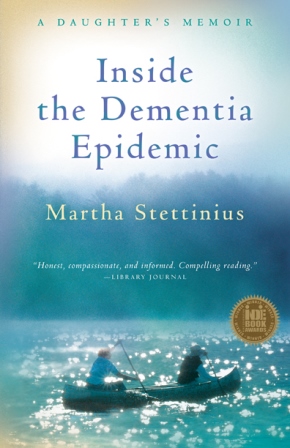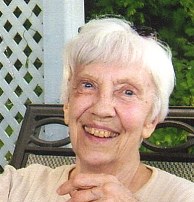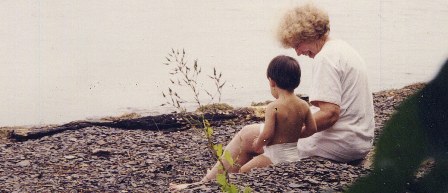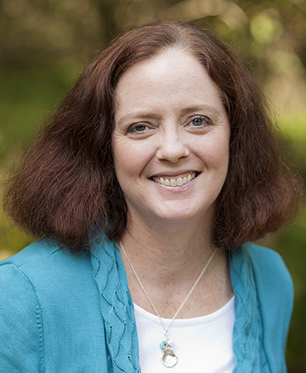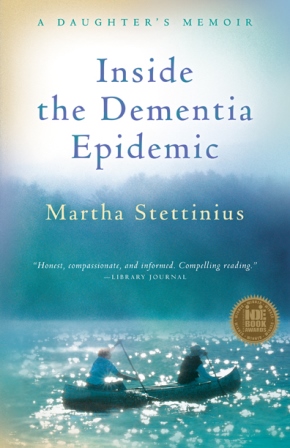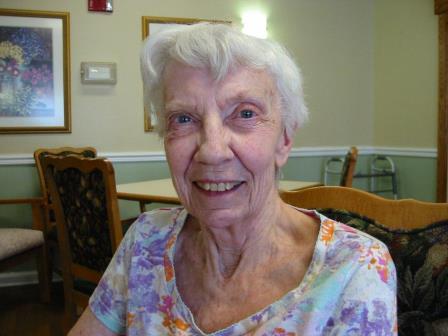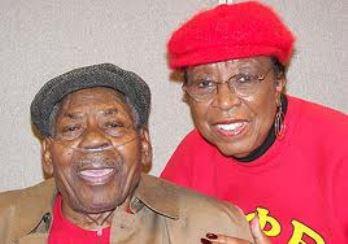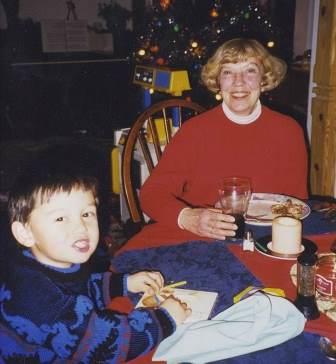New Award Recognizes Long-Term Caregivers Who Blog
 Wednesday, September 3, 2014 at 06:54PM
Wednesday, September 3, 2014 at 06:54PM 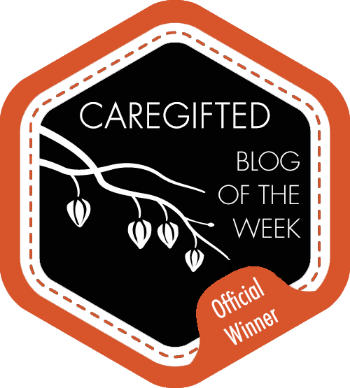 Do you know someone who has cared for a severely disabled family member at home for ten years or more, and who writes about caregiving on a blog?
Do you know someone who has cared for a severely disabled family member at home for ten years or more, and who writes about caregiving on a blog?
When my mother, Judy, who had dementia, lived with me and my young family nine years ago, and I worked outside the home, writing was my safety release valve. Jotting down my thoughts and worries in stolen moments in notebooks and on scraps of paper helped me keep my sanity while I struggled to come to terms with my new role as a “sandwich generation” caregiver. But the sustained writing that formed the chapters of my caregiving memoir didn’t happen until Mom moved into assisted living and I had more time to breathe. And I didn’t start a blog until my book came out a few months before Mom passed away two years ago. Sometimes I wonder, if Mom were living with me today, whether I would be posting my worries, fears and lessons learned on a blog. But back then a blog never occurred to me.
New recognition for blogging caregivers
A brand-new award program seeks to honor those of you who are blogging about your experience caregiving full-time at home for a family member with a severe disability. The program, launched last week, is called the “Caregifted Blog of the Week Award,” and is a partnership between the blogstream ChangingAging.org, which challenges conventional views of aging, and the nonprofit Caregifted.org, which grants respite to long-term caregivers.
Read more about the Caregifted Blog of the Week Award, and how you can nominate someone, here.
 Caregifted,
Caregifted,  blog,
blog,  caregiver in
caregiver in  Caregiver Support,
Caregiver Support,  Long-Term Care
Long-Term Care 




